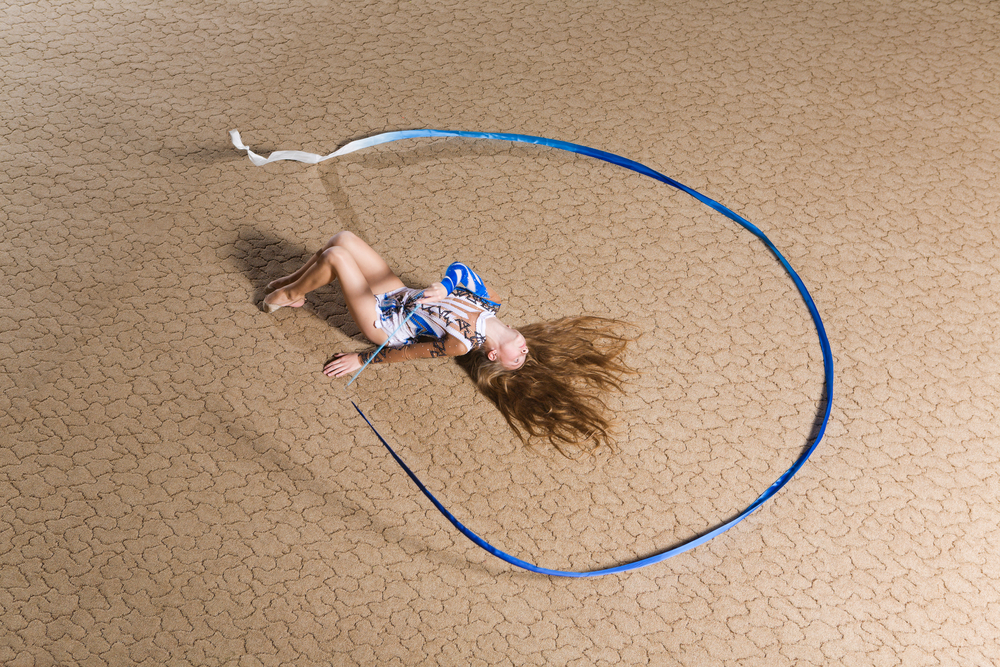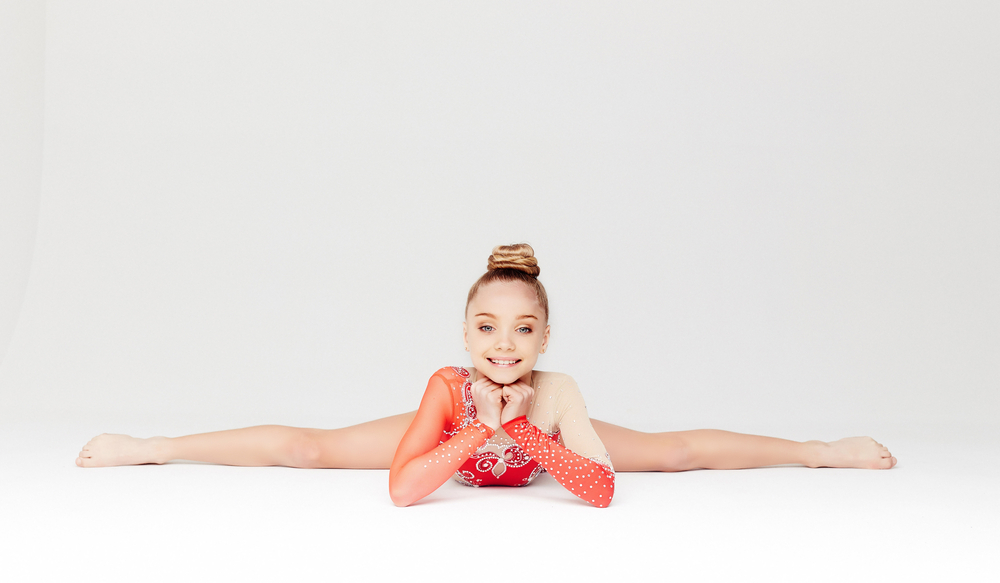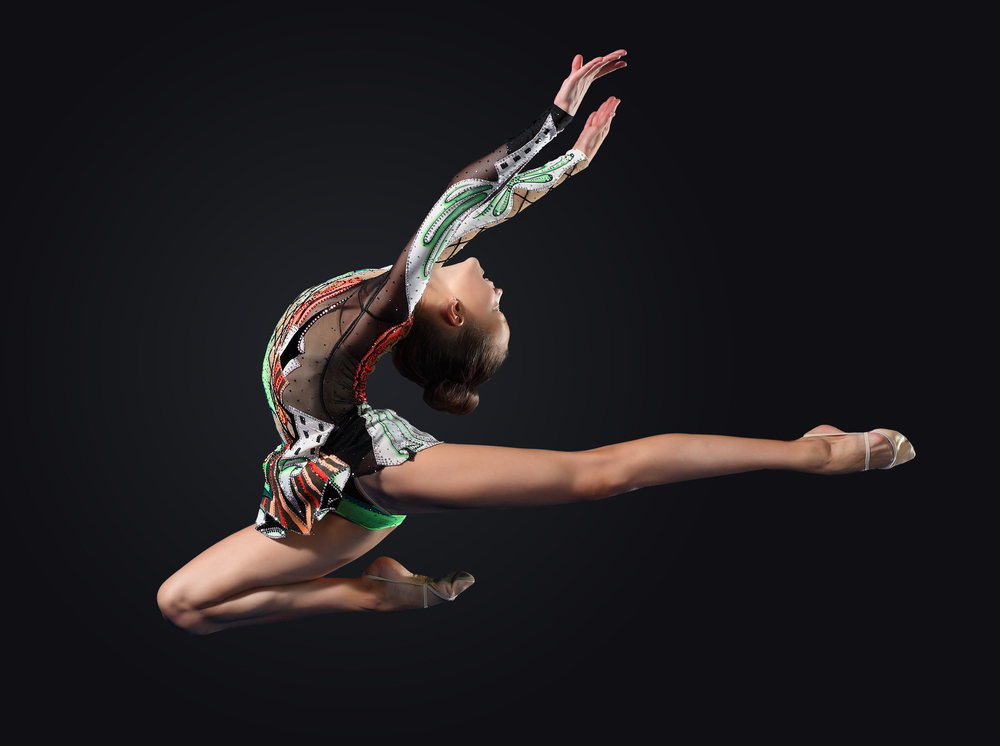Modern rhythmic gymnastics
Rhythmic gymnastics is the Russian invention that quickly became popular all over the world. It originated in St. Petersburg at the beginning of the XXth century with opening of the High School of Artistic Movement. Rhythmic gymnastics absorbed the high traditions of the Russian ballet, the “free dance” by Isadora Duncan, aesthetic and dancing gymnastics. In 1948 the first USSR championship in rhythmic gymnastics took place. Since 1950s Soviet rhythmic gymnasts had exhibition performances in different countries.




The world fell in love with the rhythmic gymnastics at a glance. Already in 1963 it was added as a kind of sport and in the same year the first world championship took place. Ludmila Savinkova from Moscow became the first world champion. In 1967 team competitions were added to individual exercises. Gymnastics was actively developed: events became more complicated, new elements were added, but the main feature (especially in the Soviet gymnastics) still was the artistic side aligning this sport with the art.
In 1980 the International Olympic Committee officially added the rhythmic gymnastics as an Olympic Sport. The first champion of 1984 was Canadian gymnast Lori Fung (the countries of the Social camp did not take part in the competitions). Later on the Olympic gold medals were won only by the USSR and afterwards the CIS sportswomen. At other world championships the toughest competition (with varying success) took place between sportswomen from the USSR and Bulgaria. However since 2000 the top levels of the the medal podiums at most competitions are occupied solely by Russian gymnasts.
“The good genius” of the Russian rhythmic gymnastics is the coach and President of the Russian Rhythmic Gymnastics Federation Irina Viner-Usmanova. She has been training the Russian national team from 2001 and “had grown” already three Olympic champions: Yulia Barsukova, Alina Kabaeva, and Yevgeniya Kanayeva. Yevgeniya Kanayeva has won the Olympic golden medal two times: in 2008 and 2012. The new generation of Russian rhythmic gymnasts also deserves attention: Yana Kudryavtseva became the youngest absolute world champion having won this title at the age of 15, while charming Margarita Mamun is a seven-time world champion and is not going to stop. Russian people know and love their stars and know that the future of rhythmic gymnastics is in safe hands.